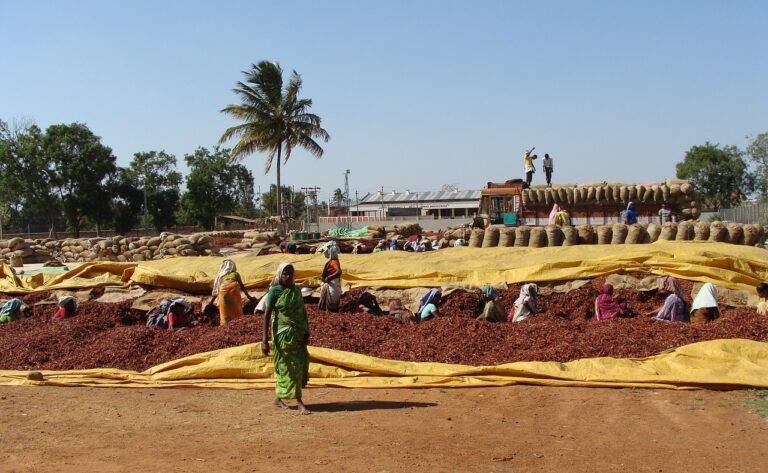The Impact of Global Events on National Elections
There are numerous factors that can influence voter behavior during global events. One major factor is the level of uncertainty and instability that the event brings to the forefront. Global events often create a sense of unpredictability and unease among the population, which can lead voters to seek out candidates they perceive as strong and capable of handling crises effectively.
Additionally, the role of media and information dissemination cannot be overlooked. The way global events are portrayed in the media can significantly impact how voters perceive the situation and ultimately influence their voting decisions. Biases, misinformation, and the framing of events by media outlets can shape public opinion and sway voters towards certain candidates or parties.
Historical Examples of Global Events Shaping Election Outcomes
One prominent historical example of a global event shaping election outcomes occurred during the 1960 U.S. presidential election. The Cold War tensions between the United States and the Soviet Union influenced voters’ perception of the candidates’ ability to navigate the complex international landscape. John F. Kennedy’s strong stance against the spread of communism contrasted with Richard Nixon’s more moderate approach, ultimately swaying voters in Kennedy’s favor.
Another notable instance of global events impacting election results took place in the aftermath of the 9/11 terrorist attacks in the United States. The heightened focus on national security and the War on Terror played a significant role in shaping the 2004 presidential election between incumbent George W. Bush and challenger John Kerry. Bush’s perceived strength in handling the post-9/11 challenges resonated with many voters, ultimately contributing to his re-election victory.
How do global events influence voter behavior during elections?
Global events can impact voter behavior by shaping perceptions of candidates’ abilities to handle crises, highlighting certain policy issues, and influencing the overall mood of the electorate.
Can you provide examples of historical global events that have shaped election outcomes?
Yes, historical examples include the Watergate scandal affecting the 1974 US midterm elections, the 2008 financial crisis impacting the election of President Obama, and the Brexit vote influencing elections in the UK.
How do voters typically respond to global events during election periods?
Voters may become more focused on issues related to the global event, prioritize candidates who they believe can address the situation effectively, or become more motivated to participate in the electoral process.
Are there any instances where global events have had a minimal impact on election outcomes?
While global events often play a significant role in shaping election outcomes, there are cases where other factors may overshadow their influence, such as strong party loyalties or domestic issues taking precedence.





